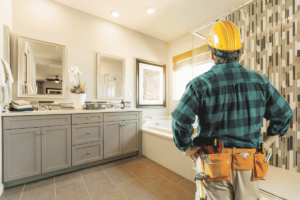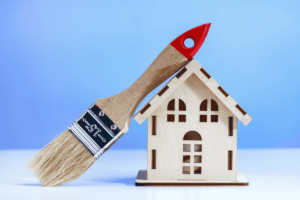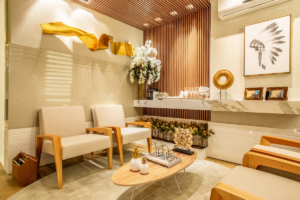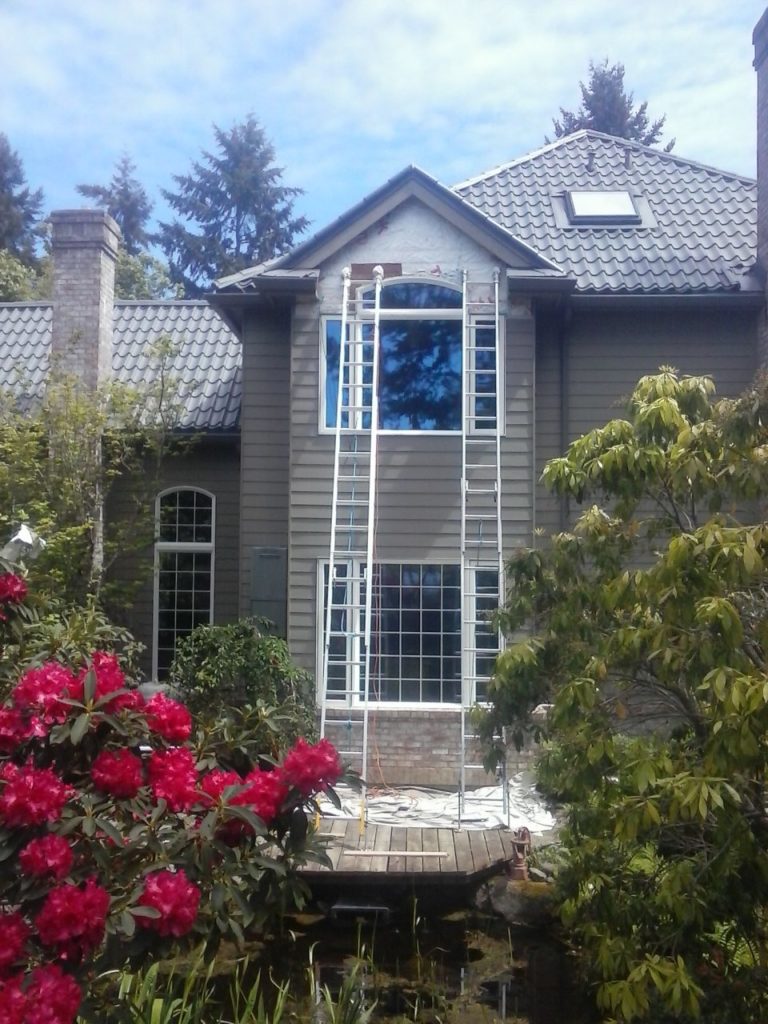Painting your house can be a life-changing event that revitalizes your interior and improves visual appeal. However, the weather at the time of painting is one element that can greatly influence how well it goes. For best results, it’s important to know how the weather affects painting, whether it’s sweltering heat, bitter cold, or rainy days.
In this in-depth guide, we’ll dive into the specifics of painting in different weather situations, providing insightful analysis and useful advice to ensure your painting project with Tracy’s Quality Painting Inc. proceeds without a hitch and produces amazing results from skilled residential painters in Fox Island, WA.
Understanding Ideal Painting Conditions
Knowing what defines optimum painting circumstances before diving into specific weather scenarios. Generally speaking, mild temperatures, low humidity, and little wind are the best for painting. These circumstances produce a smooth and even finish by enabling the paint to adhere to the surface correctly and facilitating proper drying.
Painting in Hot Weather
Painting in hot weather is difficult, mainly because water from the paint and the painted surface evaporates quickly. This may result in blistering, cracking, and uneven coverage due to early drying and poor adherence. When painting in hot weather, keep the following in mind to help alleviate these issues:
Time Your Painting
Ask your residential painters in Gig Harbor, WA, to avoid the hottest part of the day. Plan your painting activity for the cooler hours, such as early morning or late afternoon.
Use the Right Paint
Choose paints designed for hot weather since they have ingredients that improve adhesion and slow drying.
Work in Sections
To prevent the paint from drying too rapidly, your residential painters in Steilacoom, WA, can spread it evenly, divide your project into smaller portions, and work on one area at a time.
Keep the Surface Cool
Lightly spritz the surface with water before painting to reduce the temperature and give the paint more time to dry. These measures allow you to paint in hot weather and get professional-quality results.
Painting in Cold Weather
Painting in cold weather has special difficulties, such as longer drying times and possible viscosity problems. The paint may thicken in cold weather, making it harder to apply smoothly and take longer to dry. Take into consideration the following advice to get beyond these obstacles when hiring residential painters in University Place, WA, in the winter:
Choose the Right Paint
Choose paints especially applied in cold weather since they have ingredients that help paint flow and dry more quickly in colder conditions.
Warm Up the Surface
If feasible, use a space heater or heat gun to gently warm the surface that needs painting before applying the paint. This will encourage quicker drying times and better paint flow.
Avoid Painting in Extreme Cold
It is preferable to put off the project until the weather improves if temperatures are below the ideal range for painting, typically below 50°F or 10°C. This will provide the best possible outcomes.
Allow for Extended Drying Time
When painting in cold weather, be prepared to allow longer drying times between layers to ensure adequate adhesion and curing. Painting in the winter may alter your home even in the coldest seasons if your residential painters in Port Orchard, WA, make the appropriate preparations and use the right techniques.
Is it OK to Paint During the Rainy Season?
It can be difficult to paint during the rainy season because of the higher humidity and the possibility of rain interfering with the drying process. Excessive humidity can cause problems, including poor adhesion, surface bubbling, and lengthened drying times.
Although painting in extremely humid or rainy conditions is typically not advised, there are several safety measures you may take to reduce the risks:
- Monitor Weather Forecasts
Plan your painting endeavor for times when there will be less likelihood of rain and reduced humidity by closely monitoring weather forecasts.
- Protect Unfinished Surfaces
Cover unfinished surfaces with tarps or plastic sheeting to minimize water damage if rain is predicted.
- Use Fast-Drying Paints
Your residential painter in Fox Island, WA, will choose paints with quick-drying formulas that can tolerate elevated humidity levels and reduce the possibility of wash-off.
- Provide Adequate Ventilation
Ensure enough ventilation during and after painting to promote drying and lessen moisture accumulation in the air.
If you take these precautions and monitor the weather, you may complete any painting project, even during the wet season.
Which Season is Best for House Painting?
Temperature patterns and geographic factors influence the ideal time to paint your home. Spring and fall are usually the best seasons because of their comfortable temperatures and low humidity, which facilitate painting and drying. However, the residential painters in University Place, WA, at Tracy’s Quality Painting Inc., can take on painting projects all year round. Clients may enjoy visually stunning and long-lasting paint finishes all year round because of their meticulous planning and expertise, which yields excellent results regardless of the weather.
Tracy’s Quality Painting Inc.: Your Reliable Ally for Improving Paint Applications
Painting your home may be a satisfying project that enhances your house’s interior design and curb appeal. You may get excellent results with your painting project regardless of the season if you know how the weather impacts it and put this article’s advice into practice.
Tracy’s Quality Painting Inc. knows home painting requires careful planning and attention to detail. We work hard to provide exceptional results that exceed your expectations using our gifted experience and dedication to perfection. Get in touch with our residential painters in Port Orchard, WA, right now to learn more about the services we provide and how we can assist you in realizing your vision. Makeover your house with Tracy’s Quality Painting Inc.












